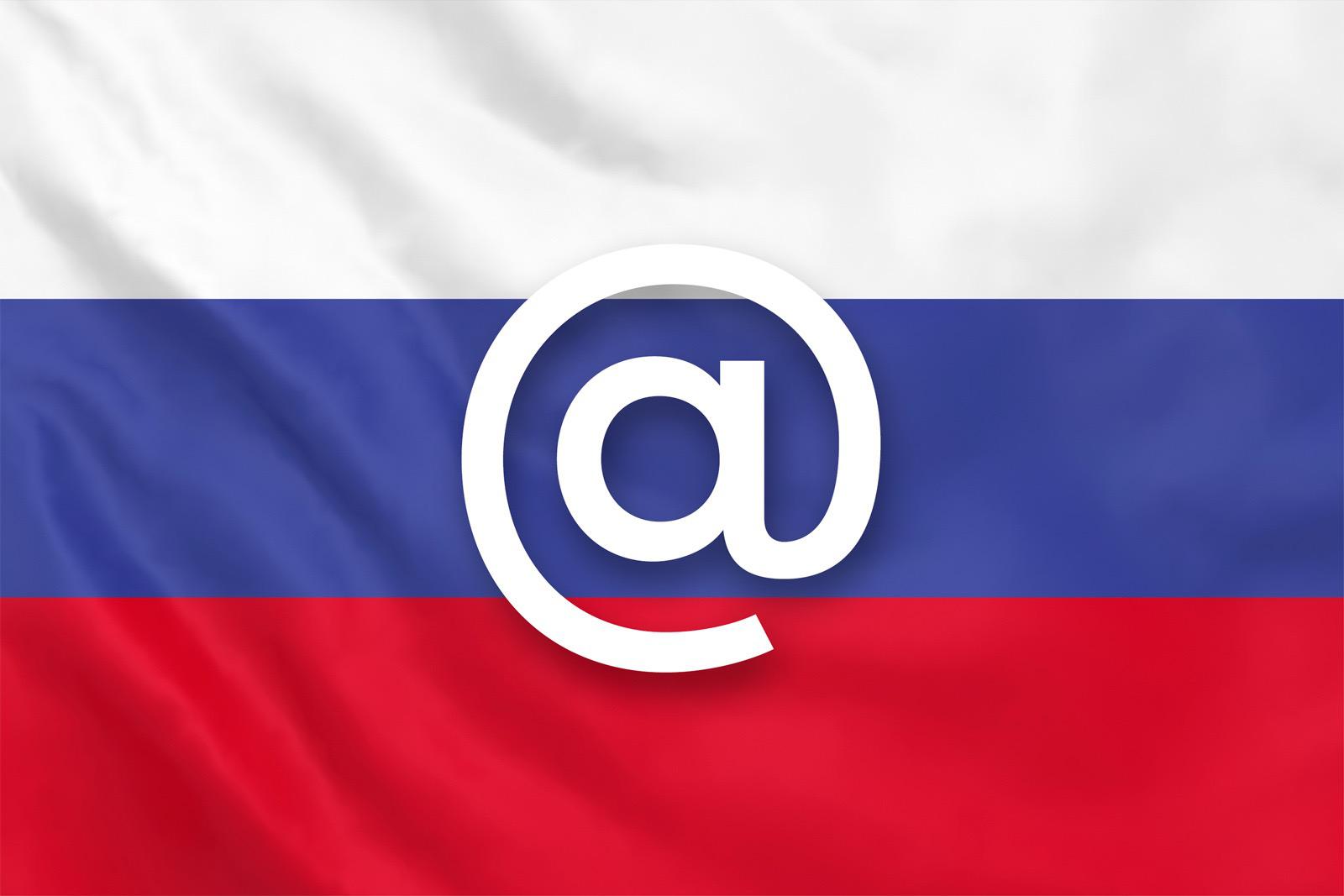 Minefield
Minefield
In June 2015, Minefield, a French Minecraft server, was hacked an 188,000 member accounts were stolen including dates of birth, email addresses, IP addresses, passwords and usernames.
 Twitter Impersonation
Twitter Impersonation
Twitter impersonations are a familiar problem on the social media site as reports indicate that between 5 and 10 percent of active Twitter accounts are actually fake. There are specific steps that a user can take to not only identify an impersonation account, but also to report and combat against it.
 Snapchat Impersonation
Snapchat Impersonation
Snapchat is a widely popular social media app that allows users to send pictures to their friends. Unfortunately, Snapchat's polarity has opened the door to certain cyber security issues such as users impersonating other users and taking advantage of people. This article will provide more information on Snapchat's policies and procedures for battling against impersonation ...
 Hemmelig.com
Hemmelig.com
In December 2011, one of Norway's largest online sex shops called Hemmelig.com was hacked and the email addresses, genders, nicknames, passwords, usernames and years of birth of more than 28,000 customers was stolen and published.
 Yandex
Yandex
In September 2014, the Russian search engine and email provider, Yandex, was compromised by a phishing scam whereby approximately 1 million user email addresses and passwords were stolen and published publicly.
 Netherlands’ Website Malvertising Attack
Netherlands’ Website Malvertising Attack
288 of the Netherlands' most popular websites were victimized by a malvertising attack in April 2016 that affected many millions of consumers who frequently visited the website. All of the websites used the same advertising platform.
 Norwegian Oil and Energy Producers
Norwegian Oil and Energy Producers
In August 2014, Norway's largest cyber attack occurred after a phishing scam infiltrated the computer networks of nearly 300 companies operating in the oil and energy sectors.
 New York Times Malvertising Cyber Attack
New York Times Malvertising Cyber Attack
The New York Times was breached by a malvertising attack in September 2009 after cyber criminals infected advertisements for the company, Vonage, which was a frequent advertiser on the Times.
 Linux Mint
Linux Mint
In February 2016 the website Linux Mint was hacked and approximately 145,000 user email addresses, dates of birth, geographic locations, IP addresses and passwords were stolen and sold.
 KM.RU
KM.RU
In February 2016, KM.RU, which is a Russian portal and email service, was breached by hackers who were protesting Russia's foreign policy towards Ukraine. The hackers stole 1.5 million user details including dates of birth, email addresses, genders, geo locations, security questions and answers and usernames.
 Minecraft Pocket Edition Forum
Minecraft Pocket Edition Forum
In May 2015, a forum for the Minecraft Pocket edition was hacked and 16,000 account information was stolen and published publicly including email addresses, IP addresses, passwords and usernames.
 Insanelyi
Insanelyi
In July 2014, an iOS forum called Insanelyi was hacked and 104,000 users' email addresses, passwords and usernames.
 Team SoloMid
Team SoloMid
In December 2014, Team SoloMid, an electronic sports organization, was hacked and 442,000 members accounts were hacked and published online including the user's email addresses, IP addresses, passwords and usernames.
 YouPorn
YouPorn
In February 2012, YouPorn, an adult website, was breached through a chat feature operated by a third party and around 6,500 user accounts were stolen including information about the users' email addresses and passwords and usernames.
 World Poker Tour Amateur Poker League
World Poker Tour Amateur Poker League
In January 2014, the World Poker Tour Amateur Poker League website was hacked by a Twitter user and 175,000 user accounts were stolen and published online including email addresses and passwords.
 StarNet
StarNet
In February 2015, StarNet, a Moldavia ISP, was breached and its database of 140,000 email addresses, genders, dates of birth, customer interactions, IP addresses, names, passport numbers, passwords and phone numbers were published online.
 SkTorrent
SkTorrent
In February 2016, SkTorrent, a torrent tracking website out of Slovakia, was hacked and more than 117,000 user records were stolen and published including information about the user's email addresses, passwords and usernames.
In December 2013, Pixel Federation, an online game communit out of Slovakia, was hacked and 38,000 member accounts were stolen and published online including emailing addresses and passwords.
Get Notified When Breaches Happen
We guarantee 100% privacy. Your email will not be shared.
